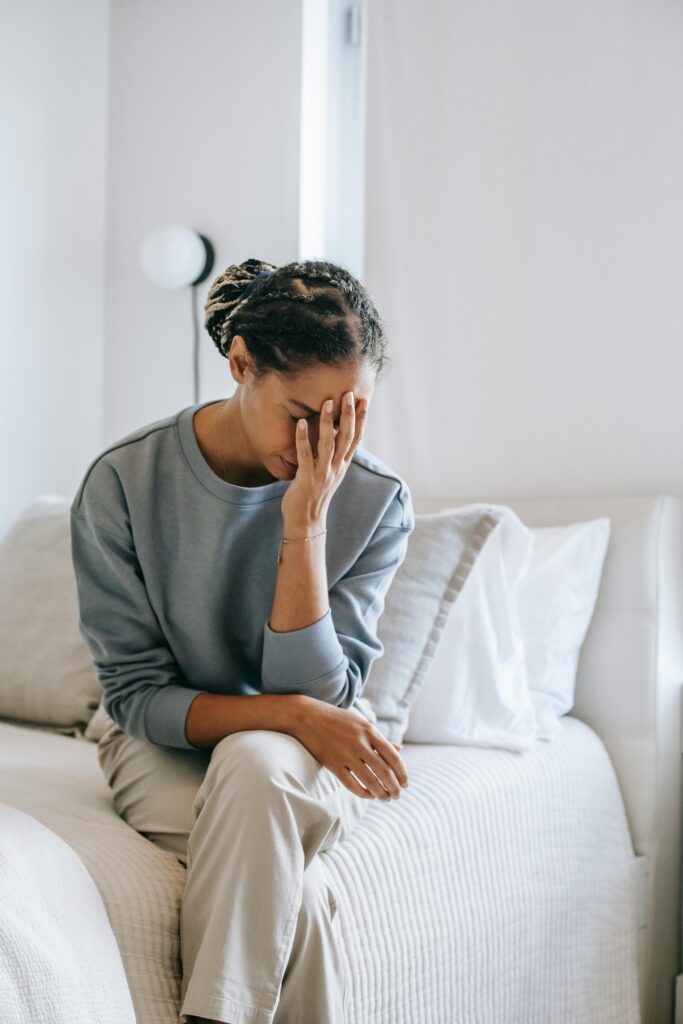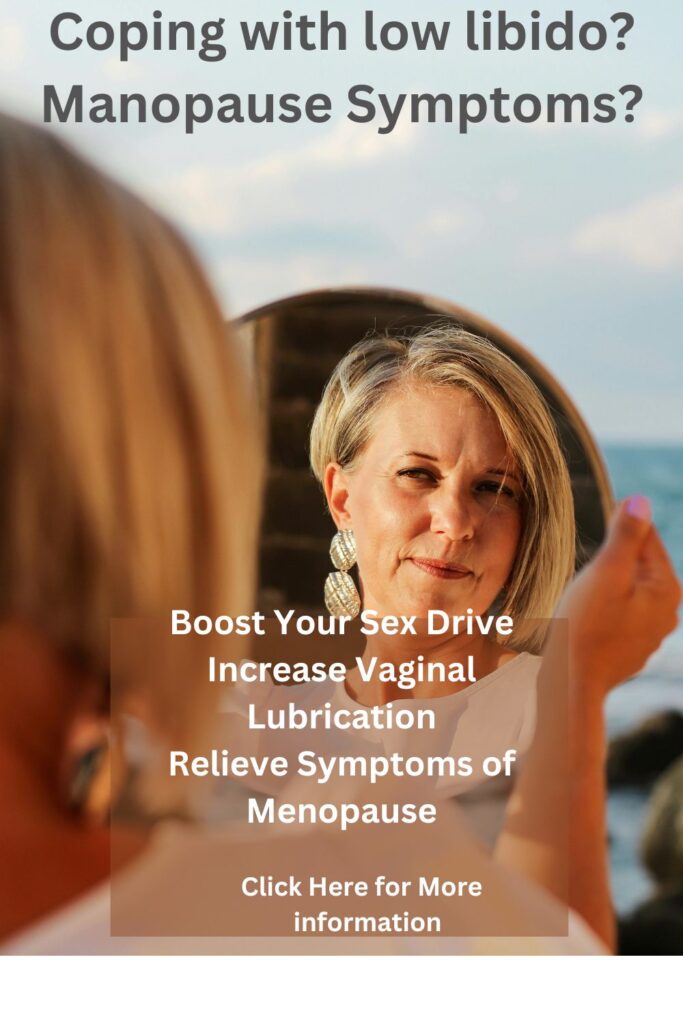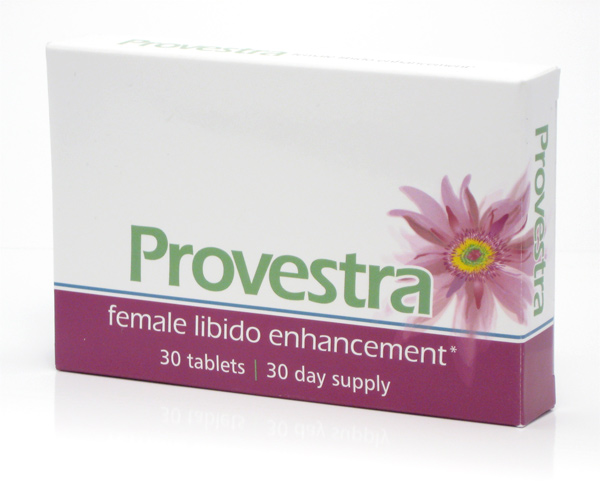
Loss of libido due to menopause is a common issue. Menopause marks a significant transition in a woman’s life. It signals the end of menstruation and fertility, accompanied by various physical and emotional changes. One common issue that many women face during menopause is a decline in libido, or sexual desire. In this article, we’ll delve into the factors contributing to this loss of libido and explore strategies for managing it effectively.
Menopause, typically occurring in women in their late 40s or early 50s, is defined as the cessation of menstrual periods for at least 12 consecutive months. During this phase, hormonal fluctuations, primarily a decline in estrogen and progesterone levels, can have a profound impact on various bodily functions, including sexual desire.
Loss of Libido and Hormonal Changes
Hormones play a crucial role in regulating sexual desire. Estrogen, in particular, influences vaginal lubrication and blood flow to the genitals, enhancing arousal. However, during menopause, estrogen levels plummet, leading to vaginal dryness and reduced sensation, contributing to a decline in libido.
Apart from hormonal shifts, menopause brings about physical changes that can affect sexual function. Vaginal dryness, a common symptom, can cause discomfort during intercourse, leading to decreased interest in sex. Additionally, changes in the elasticity of vaginal tissues may result in pain or discomfort during penetration, further dampening libido.
Menopause Psychological Factors
The psychological impact of menopause cannot be overlooked. Stress, anxiety, and mood swings, which are often exacerbated during this time, can significantly diminish sexual desire.
Body image issues, stemming from changes in weight and appearance, may also contribute to feelings of self-consciousness and reduced confidence in the bedroom.
Medical Conditions, Medications and Lifestyle Factors Can Affect Libido
Certain medical conditions, such as diabetes and hypertension, can affect libido by disrupting hormonal balance or causing physical discomfort. Moreover, medications commonly prescribed for these conditions, such as antidepressants and blood pressure medications, may have side effects that include sexual dysfunction.
Various lifestyle factors can influence libido during menopause. Poor diet, lack of exercise, and inadequate sleep can all contribute to low energy levels and diminished sexual desire. Substance abuse, including alcohol and tobacco use, can also impair sexual function and overall well-being.
Managing Loss of Libido

Addressing loss of libido during menopause requires a comprehensive approach that takes into account both physical and psychological factors. Open communication with your partner, seeking medical advice, and exploring therapeutic options are essential steps in managing this issue effectively.
In addition to traditional medical interventions, certain natural remedies and lifestyle changes may help alleviate symptoms of decreased libido. Some dietary supplements have been touted for their aphrodisiac properties, while stress reduction techniques such as mindfulness and meditation can enhance relaxation and intimacy.
Despite the challenges posed by menopause, there are numerous ways to enhance intimacy and sexual satisfaction in your relationship. Experimenting with new activities, focusing on emotional connection, and prioritizing intimacy can reignite passion and strengthen the bond between partners.
All-natural way to boost your libido and relieve symptoms of menopause
Click Here for Your Special Offer



